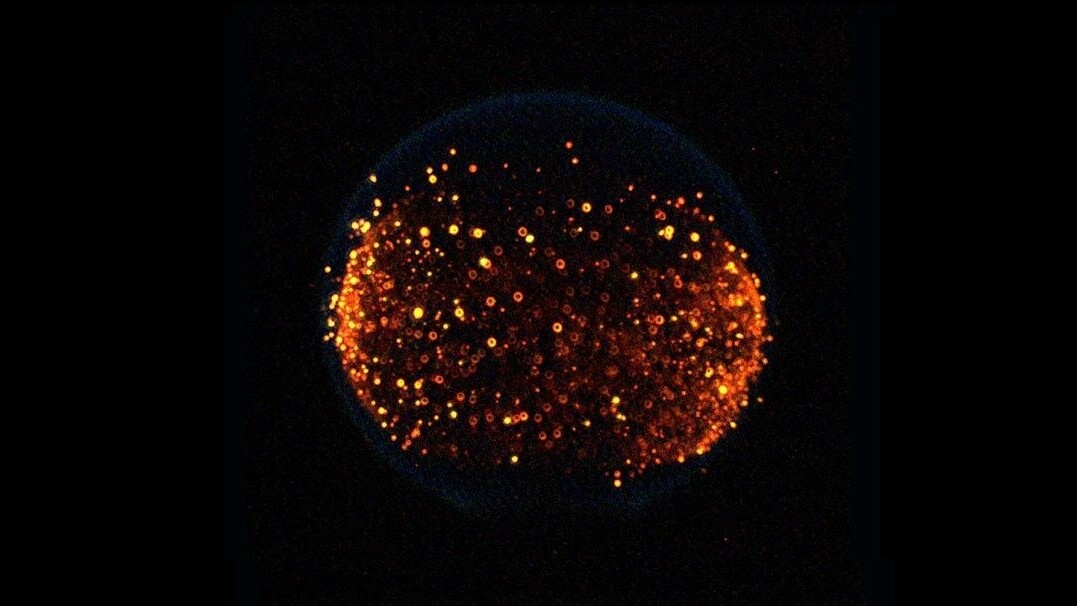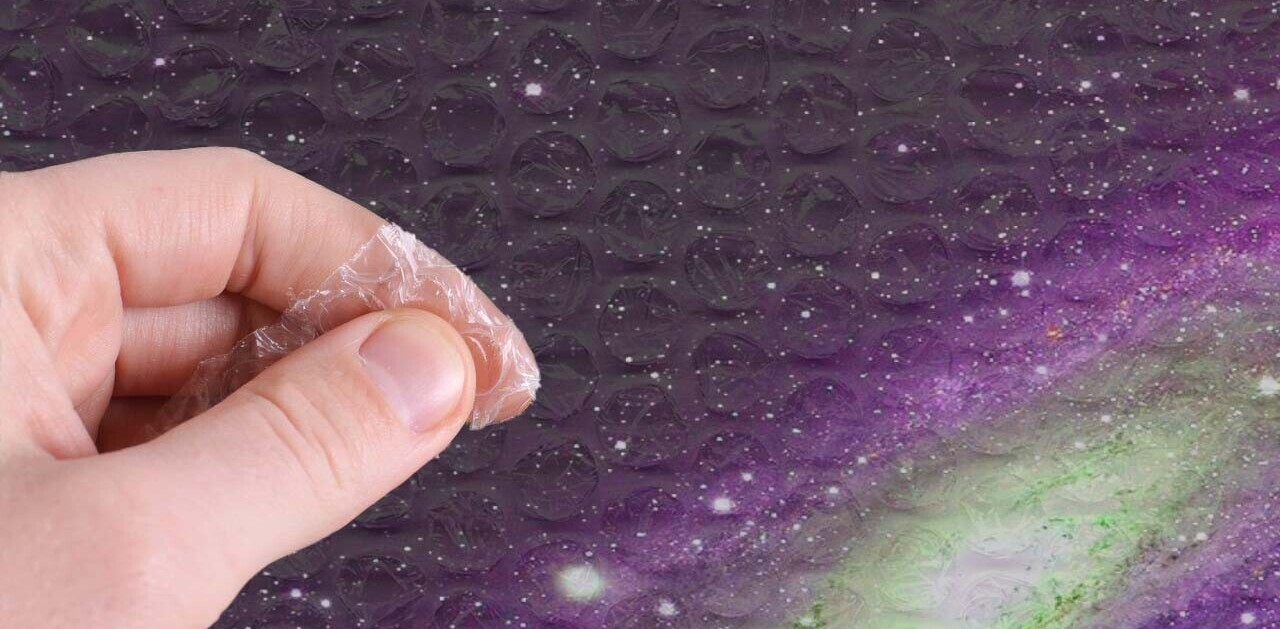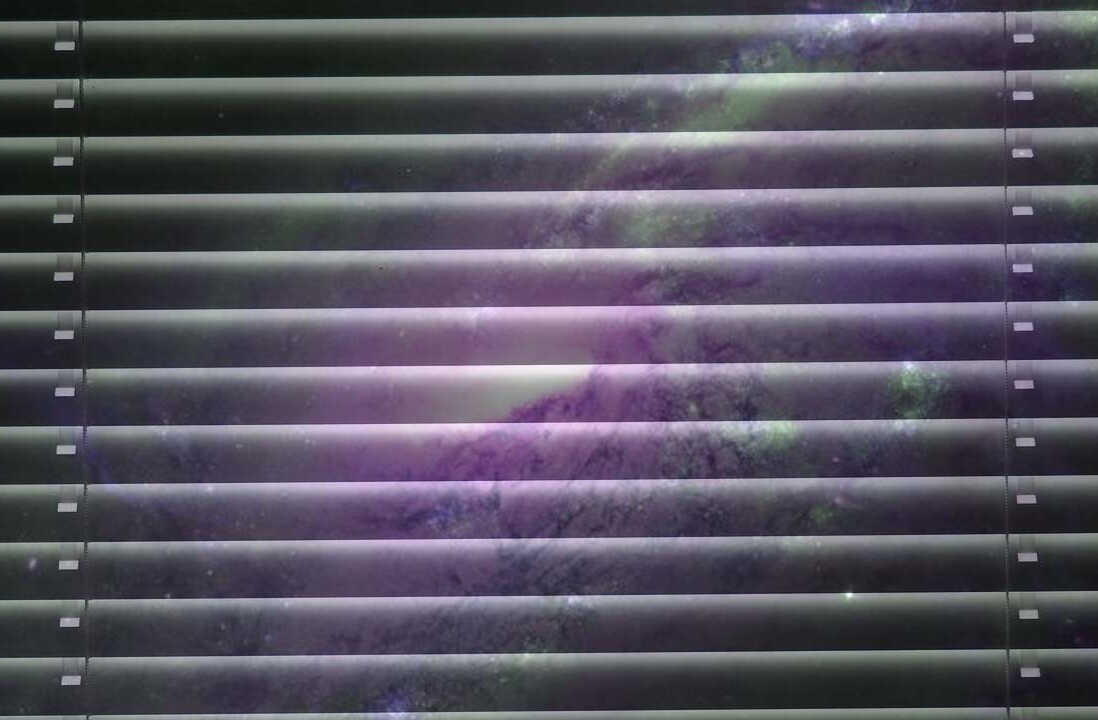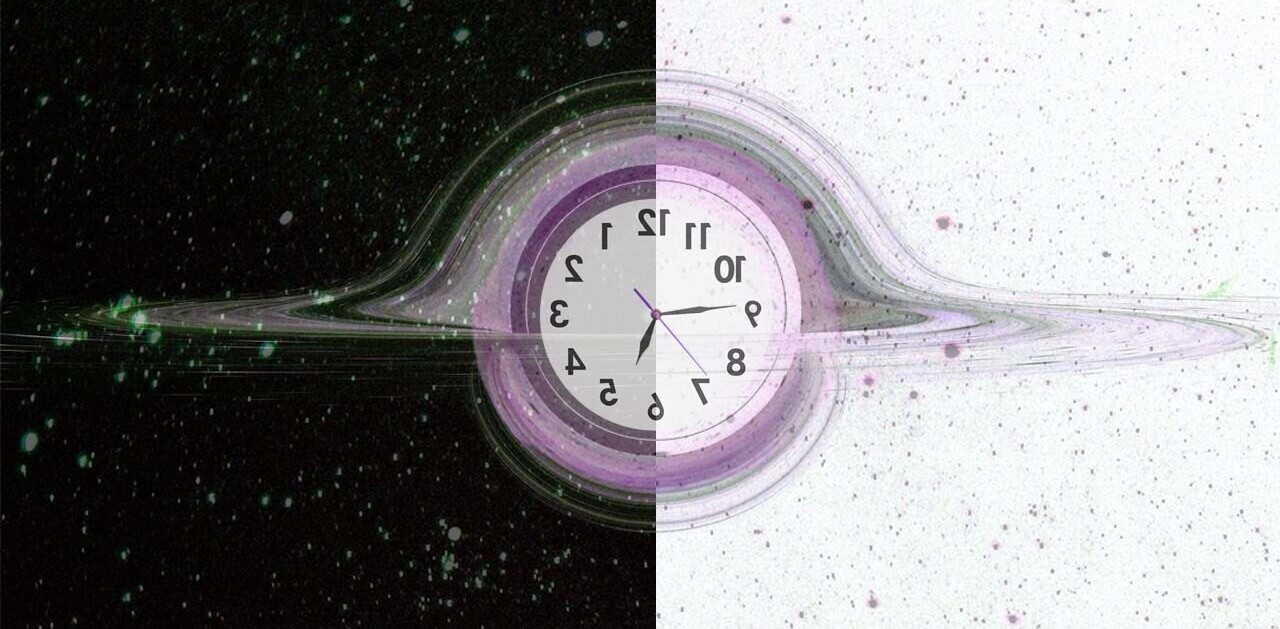
Astronauts aboard the International Space Station (ISS) are tasked with conducting hundreds of experiments, but perhaps none are as pretty as recent efforts to shape fire in zero gravity conditions.
The big idea behind the beautiful balls of fire is figure out how to make terrestrial flames more efficient. According to NASA, the experiment has incredible implications for our theoretical understanding of flames and how gravity effects the temperature and efficiency of a fire.
While there aren’t currently any direct extra-terrestrial use-cases for lighting fires in space – aside from the fact that they’re gorgeous – it’s clear that humanity is on a collision course with heavenly bodies such as the Moon and Mars that have incredibly different gravitational fields. Understanding how combustion plays out in these environments will be mission critical.

NASA explains the reason why a space fire’s flames look like a Hadouken-move (pictured above) from the “Street Fighter” video game franchise instead of the dancing tendrils we see here on Earth is, of course, because of the lack of gravity:
The reduced gravity creates flames that look a lot different from the ones seen here on Earth: with the near absence of gravity on the space station, flames tend to be spherical. On Earth, hot gasses from the flame rise while gravity pulls cooler, denser air to the bottom of the flame. This creates both the shape of the flame, as well as a flickering effect. In microgravity, this flow doesn’t occur. This reduces the variables in combustion experiments, making them simpler and creating spherical shaped flames.
For more information about NASA’s space fires check out the agency’s research post here.
Get the TNW newsletter
Get the most important tech news in your inbox each week.





